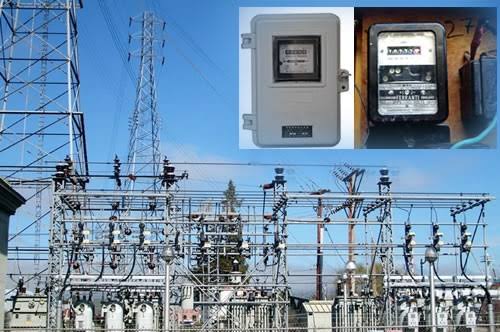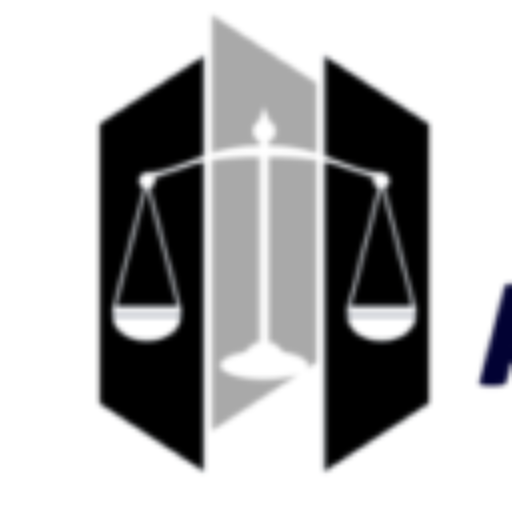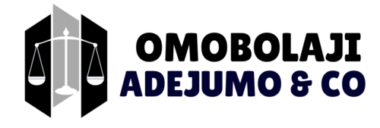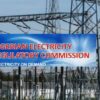INTRODUCTION
Electricity is one of the basic necessities of life which aids the economic development of the country, a country without electricity is regarded as a backward and undeveloped country.

In Nigeria, there is no correlation between supply of electricity and estimated bill forwarded to electricity consumers by electricity licensees or franchisees, electricity bills are outrageous even though there are laws in place which made provision as to regulation of electricity bill and supply.
Yemi Oke in his book titled “Nigerian Electricity law and practice” said “Nigeria’s electricity crisis is strikingly paradoxical for a variety of reasons. One of the many paradoxes in Nigeria is energy/electricity poverty amidst resource abundant. Second, despite being a world ranking exporter of liquefied natural gas (LNG), Nigeria’s gas-dominated electric grid experienced frequent collapses linked largely to inadequate gas supply”.
In the same vein, the rate at which people indulge in theft of electricity and other electricity offences are becoming more rampant and most motives for committing these offences can be traced to outrageous bill dispatched by licensees or franchisees, inadequate supply of electricity and inability of consumers to pay estimated bill.
In Nigeria, electricity licensees disconnect and deprive consumers from electricity maliciously for long duration of time for frivolous reasons without prior notification, whereas under the Regulation 5 of Nigerian Electricity Regulatory Commission Connection and Disconnection Procedures for Electricity Services, 2007, provided that a prior notice of at least 10 days must be given to consumers before Disconnection from electricity.
ELECTRICITY ACT 2023
The Electric Power Sector Reform Act, No.6, 2005 was repealed by the Electricity Act, 2023.The Nigerian Electricity Act, 2023 made provisions for electricity offences and their penalties.
ELECTRICITY OFFENCES AND THEIR PENALTIES
Electricity offences and their penalties or punishments are provided for under section 208 – 223 of the Electricity Act, 2023. These offences include:
i. Theft of Electricity, this includes tampering or bypassing of electricity lines, poles or meters etc
ii. Theft of electric lines and material
iii. Offence of receiving stolen Electricity
iv. Interference with meters or works of licensees
v. Negligently breaking or damaging electricity materials
vi. Intentionally disrupting power supply
vii. Offence relating to damage to public streetlights
viii. Contravention of Regulations of orders
ix. False Declaration
x. Offences by Companies
xi. Abetment of electricity offence
xii. Unlawful use of information by inspector
xiii. Obstruction and impersonation
POWER TO PROSECUTE ELECTRICITY OFFENCES
The power to prosecute electricity offences is accrued to the Attorney-General of the Federation and Attorneys-General of respective states of the federation. Where the Attorney-General of the Federation and the Attorney-General of states did not prosecute or exercise the power to prosecute, the relevant authorities including security agencies may prosecute only after prior consent of the Attorneys-General.
JURISDICTION TO TRY OFFENCES OF ELECTRICITY
The Federal High court and state High courts both have concurrent jurisdiction to try any offences of electricity.
ELEMENTS OF ELECTRICITY THEFT
For the offence of theft of electricity to be established the following elements herein must be established:
1) The offender must have the intention (mens rea) to tamper or bypass the meter
2) He must have tampered with the meter or carry out the act of tampering or bypassing the meter (actus rea)
3) The tampered meter must interfere with accurate or proper registration, calibration or metering of electric current
4) The tampering or bypass of meter must have resulted in stealing or wasting of electricity
5) There must be evidence from energy audits evidencing the tampering or bypassing
ELECTRICITY COMMISSIONS AND AGENCIES
The Electricity Act, 2023 established Commissions and Agencies to regulate the power sector in Nigeria and to perform other functions as stipulated under their establishment sections. They are deemed to be established and constituted under the relevant provisions of this Act.
1. Nigerian Electricity Regulatory Commission (NERC)
2. National Hydroelectric Power Producing Areas Development Commission (N-HYPPADEC)
3. Nigerian Electricity Management Services Agency (NEMSA)
4. National Power Training Institute of Nigeria
5. Rural Electrification Agency (REF)
POWER OF ELECTRICITY LICENSEE TO ENTER PREMISES AND TO REMOVE FITTINGS OR OTHER APPARATUSES
Electricity licensee or any person authorized to act on his behalf has the power to remove any electricity apparatus lawfully placed and belonging to him without interference at any reasonable time on informing the occupier where the fitting or apparatus is located.
However, where the Licensee placed an electric lines or electric plant belonging to him in a land or premises not in his possession, such electric lines or electric plants shall not be liable to be taken in execution under any process of any court or in any proceedings in insolvency against the person in whose possession the thing may be.
JUSTIFICATION OF ENTRY
For a licensee to justify entry to the premises where is electricity fittings or apparatuses are fitted, he must have done the following;
1. The licensee must inform the occupier of his intention to enter the premises
2. He must make entry at a reasonable time
PUNISHMENT FOR REFUSAL OF LICENSEE ENTRY TO REMOVE ELECTRICITY FITTINGS OR OTHER APPARATUSES BELONGING TO HIM
Where a consumer refuses a licensee or franchisee entry to the place where he placed his electrical apparatus or fittings or after entry refuses to allow him carry out or perform any authorised act he is meant to carry out, the licensee or franchisee after expiration of 24 hours from the service of a notice in writing on the consumer, disconnect the power supply of the consumer for as long as such refusal continues but it must not extend longer than that.
CONCLUSION
The Nigerian Electricity Act, 2023 made provision in favour of both electricity licensee and consumer to regulate the transaction between them and also established Commissions and Agencies saddled with certain functions and responsibilities to guarantee the smooth flow and balance between licenseesand consumers in their dealings.
Power sectors in Nigeria are biased when it concerns distribution of power supply, it suffices to say they supply electricity based on status and areas, also, they supply less electricity and demand for high bill which is not in conformity with the law guiding supply of electricity and bill estimation.
END NOTES
1. Nigerian Electricity Act, 2023
2. Nigerian Electricity Regulatory Commission Connection and Disconnection Procedures for Electricity Services, 2007
3. Yemi Oke “Nigerian Electricity Law and Practice”





